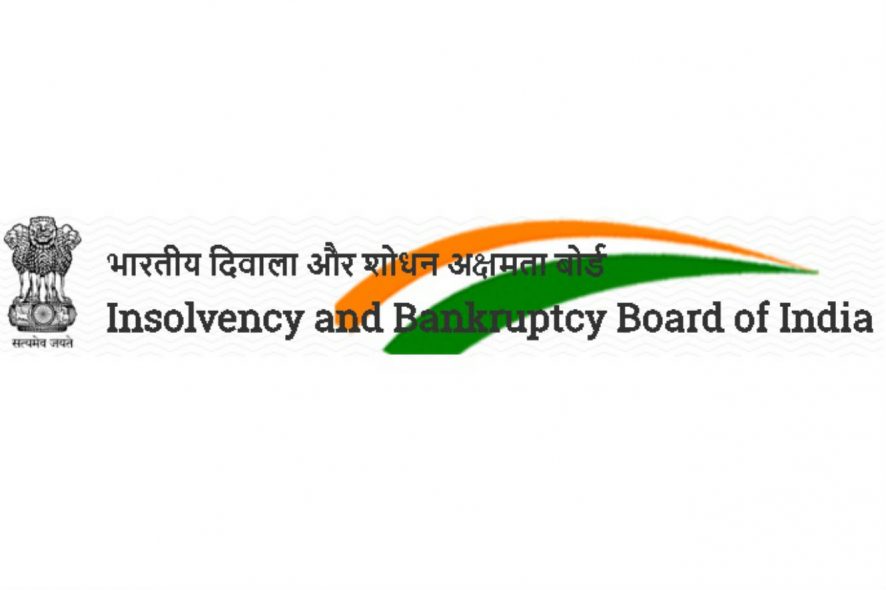The Insolvency and Bankruptcy Board of India (IBBI) notified the following Amendment Regulations, 2020:
(a) the Insolvency and Bankruptcy Board of India (Insolvency Resolution Process for Corporate Persons) (Fifth Amendment) Regulations, 2016
(b) the Insolvency and Bankruptcy Board of India (Liquidation Process) (Fourth Amendment) Regulations, 2020
(c) the Insolvency and Bankruptcy Board of India (Information Utilities) (Amendment) Regulations, 2020
2. The Insolvency and Bankruptcy Code, 2016 (Code) enables a financial creditor (FC), among others, to initiate corporate insolvency resolution process (CIRP) against a corporate debtor (CD). The FC, along with the application, is required to furnish “record of the default recorded with the information utility or such other record or evidence of default as may be specified”. In exercise of this power, the IBBI amended the Regulations to specify two ‘other record or evidence of default’, namely, (a) certified copy of entries in the relevant account in the bankers’ book, and (b) order of a court or tribunal that has adjudicated upon the non-payment of a debt.
3. The Code defines financial information to mean certain records and ‘such other information as may be specified’. In exercise of this power, the IBBI amended the Regulations to specify public announcement made under the Code as financial information. It mandated the Information Utilities to disseminate the public announcement to its registered users, who are creditors of the CD undergoing insolvency proceeding. This is in addition to publishing the public announcement in the newspapers and websites as required in the Regulations.
4. The Regulations provide that the Interim Resolution Professional (IRP) / Resolution Professional (RP) shall verify every claim and thereupon maintain a list of creditors and update it. He is required to file the list of creditors with the Adjudicating Authority (AA) and display it on the website, if any, of the CD. The IBBI amended the Regulations to require the IRP/RP to submit the list of creditors on an electronic platform for dissemination on its website. This will improve transparency and enable stakeholders to ascertain the details of their claims at a central place.
5. The resolution plan usually provides payment of debts to the creditors of the CD. In the interest of transparency, the IBBI amended the Regulations to require the RP to intimate each claimant the principle or formulae for payment of debts under a resolution plan, within 15 days of the order of the AA approving such resolution plan.
6. The Code envisages early closure of the liquidation process so that the assets of the CD are released for alternate uses expeditiously. However, the process takes longer where the liquidation estate includes a ‘not readily realisable asset’. To facilitate quick closure of the liquidation process, the IBBI amended the Regulations to enable the liquidator to assign or transfer a ‘not readily realisable asset’ to any person in consultation with the stakeholders’ consultation committee. For this purpose, “not readily realisable asset” means any asset included in the liquidation estate which could not be sold through available options and includes contingent or disputed assets, and assets underlying proceedings for preferential, undervalued, extortionate credit and fraudulent transactions. Thus, a liquidator shall attempt to sell the assets at the first instance, failing which he may assign or transfer an asset to any person, in consultation with the stakeholders’ consultation committee, and failing which he may distribute the undisposed of assets amongst stakeholders, with the approval of the AA.
7. There may be a creditor who may not be willing to wait for the completion of the liquidation process for realisation of his debt. The IBBI amended the Regulations to enable a creditor to assign or transfer the debt due to it to any other person in accordance with the laws for the time being in force dealing with such assignment or transfer.
Insolvency and Bankruptcy Board of India
[Press Release dt. 13-11-2020]






